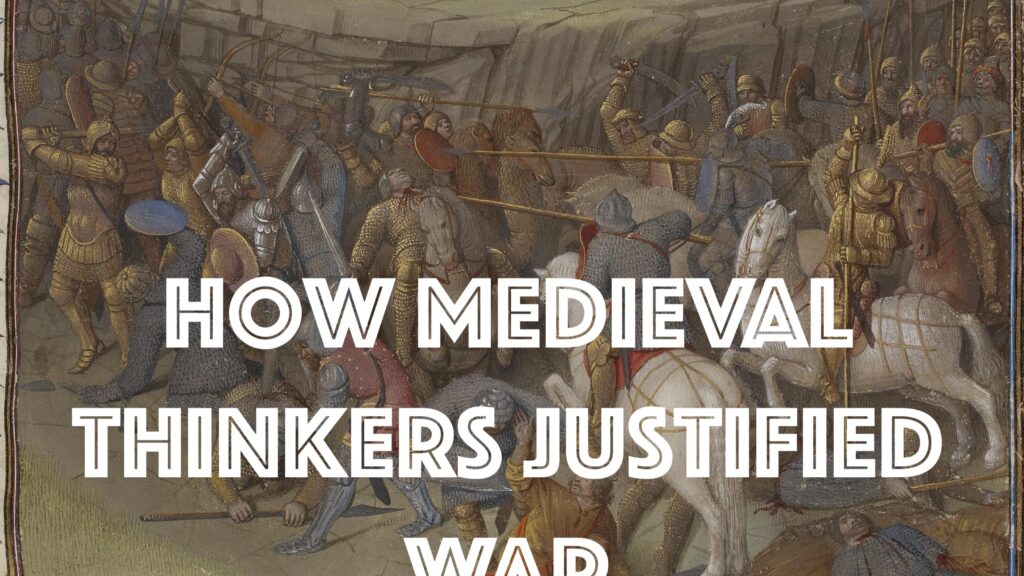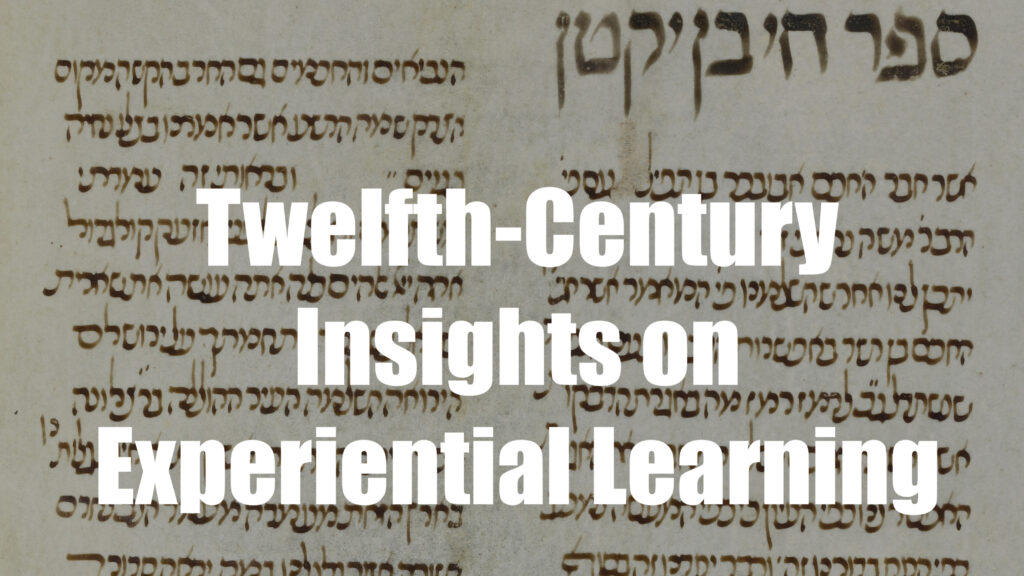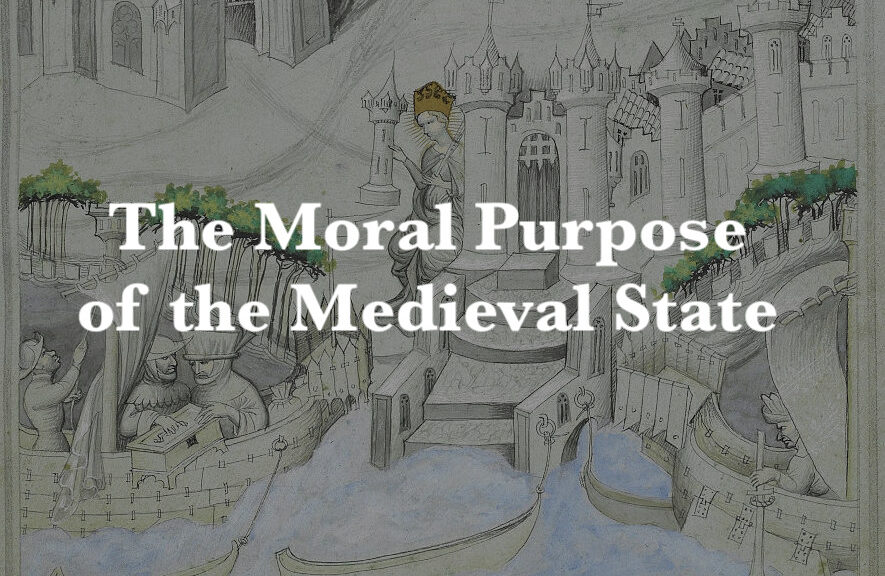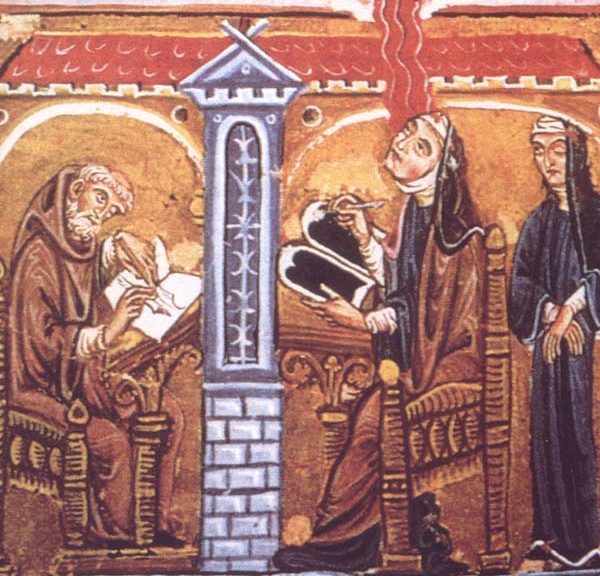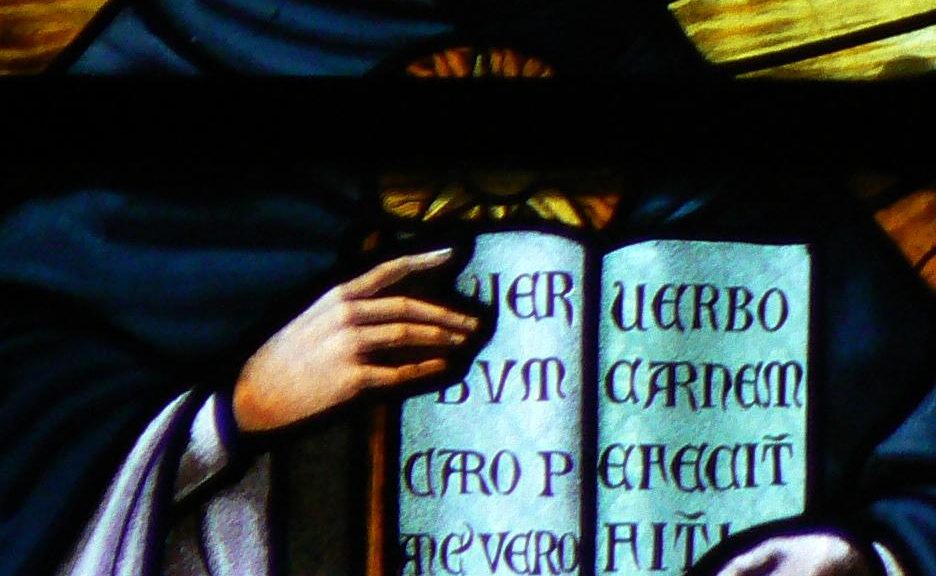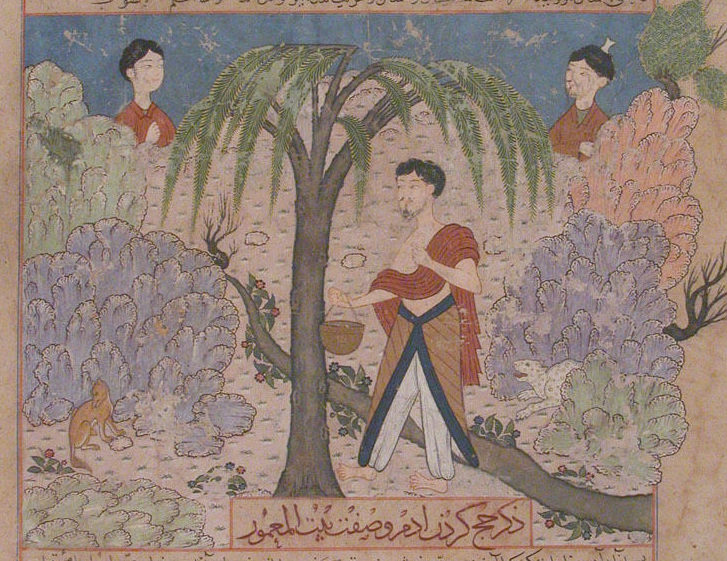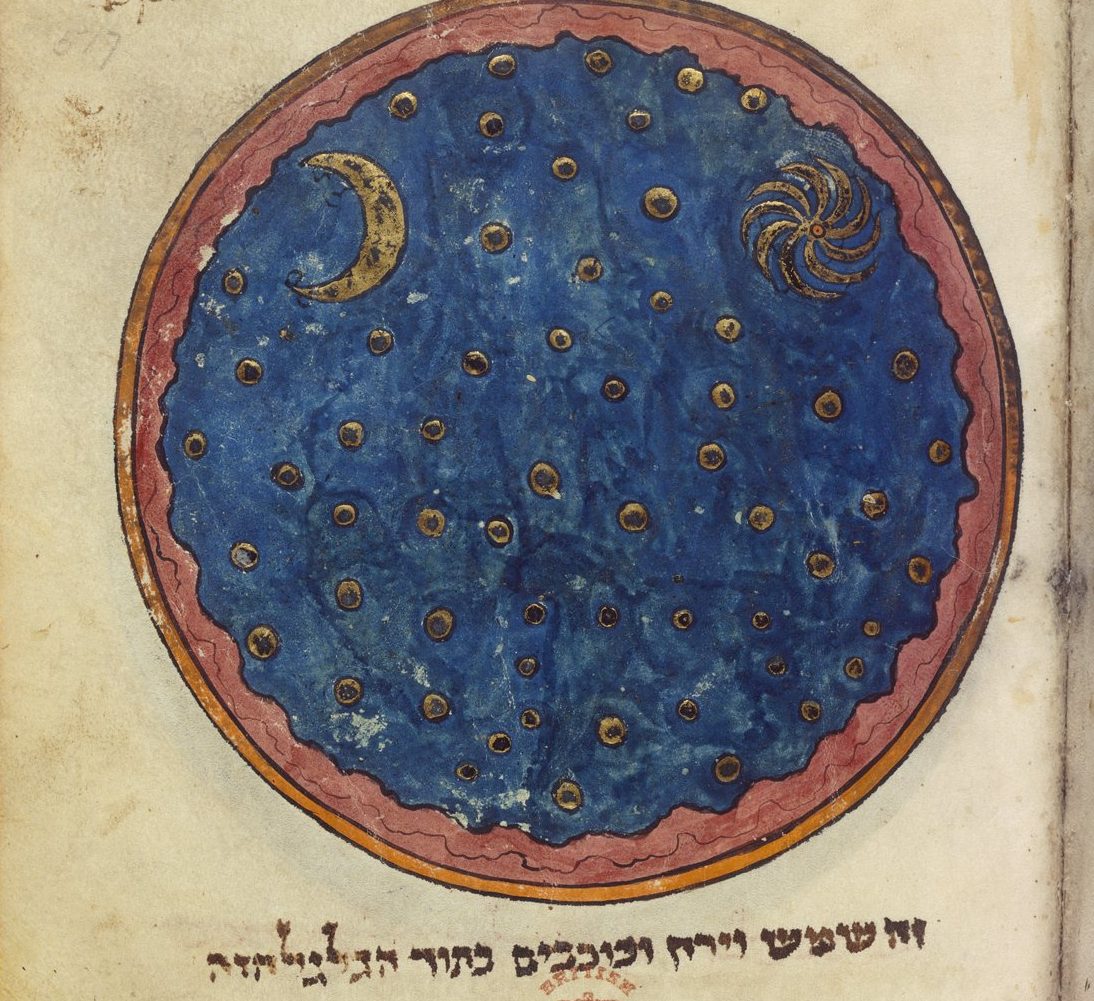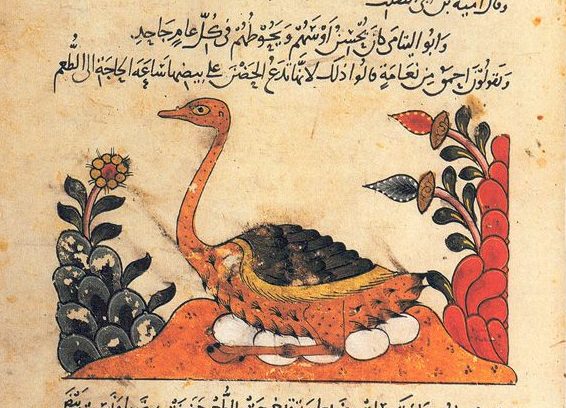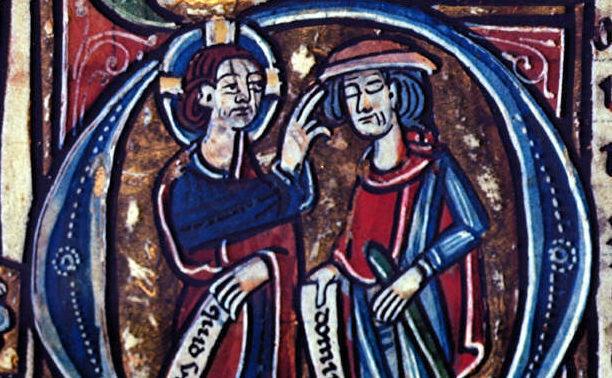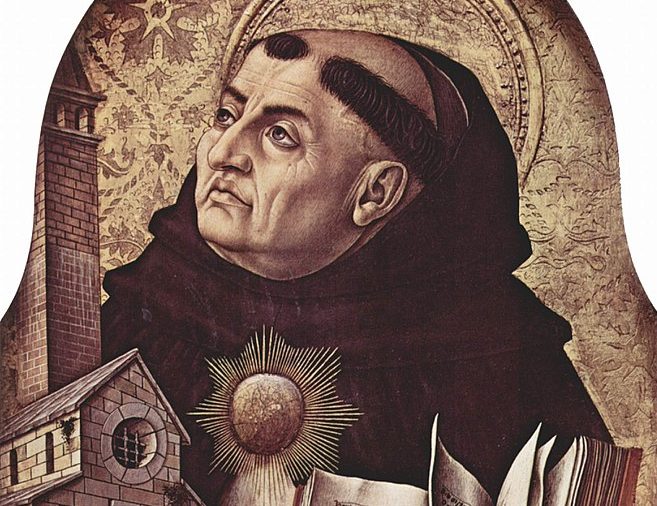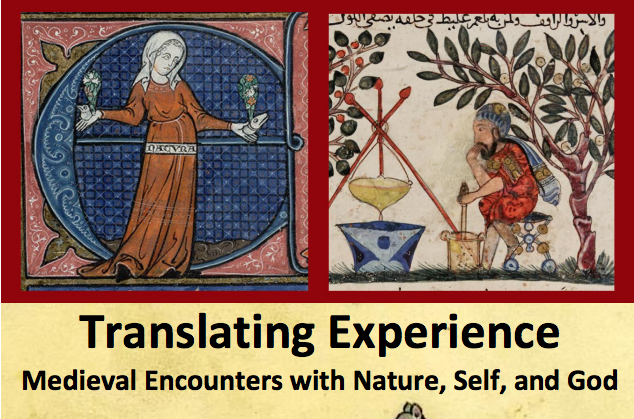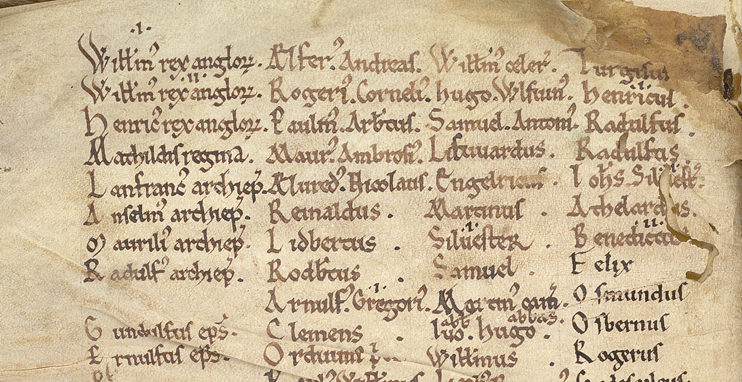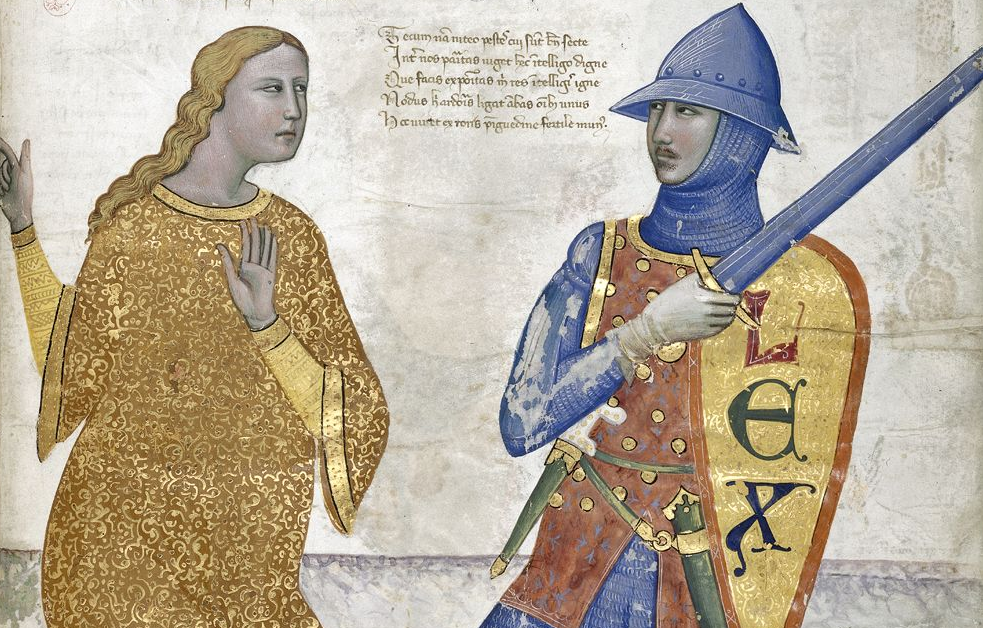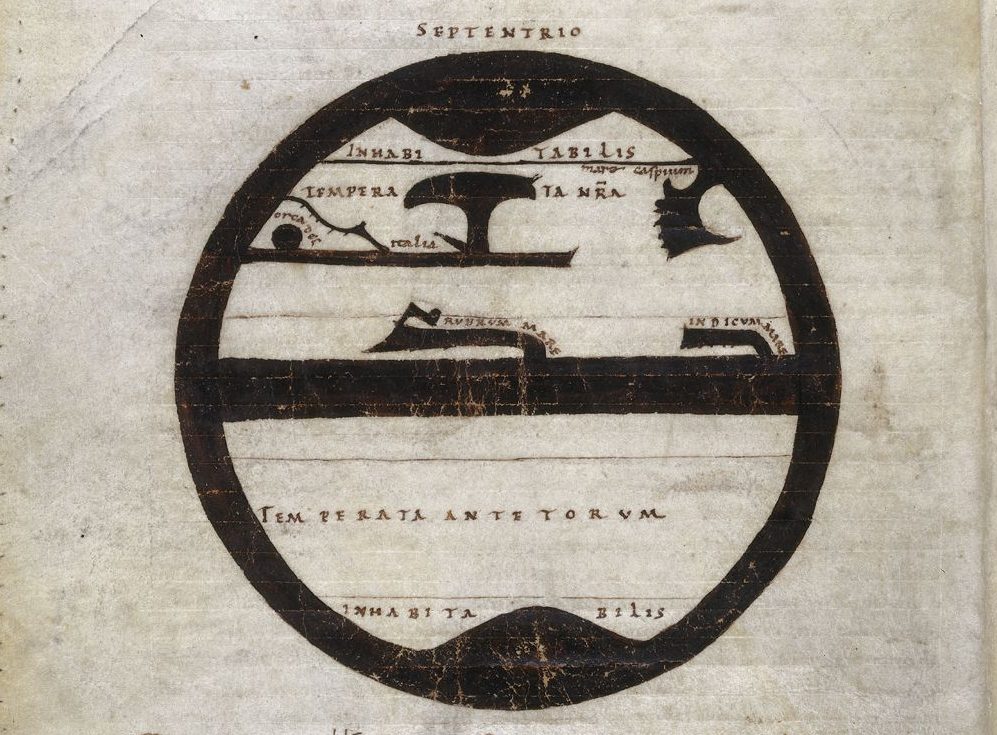How Medieval Thinkers Justified War: From Augustine to Aquinas
Explore how war was understood in the Middle Ages through the ideas of Augustine and Aquinas, including just war theory, public vs. private violence, and the role of sin and political authority.
Swim in the Sea Yourself: Twelfth-Century Insights on Experiential Learning
Discover how the 12th-century philosophical tale Hayy Ibn Yaqzan by Ibn Tufayl explores self-guided learning, critical thinking, and the power of experience—insights still relevant in modern education
The Moral Purpose of the Medieval State
Explore how medieval thinkers from Augustine to Aquinas debated the role of government, from preserving peace and order to promoting virtue and human fulfillment in the pursuit of the common good.
New Medieval Books: Ibn Khaldūn: Political Thought
Thirty-five selections from the writings of the 14th-century thinker Ibn Khaldūn, these translated texts reveal his thoughts on history, the state, cities and more.
New Medieval Books: The Rules of Logic
The most widely read introduction to logic in the Arabic-speaking world, this work dates to the 13th century. If you enjoy reading about propositions and syllogism, then this book is for you.
Fight or Flee? The Medieval Dilemma Every Knight Faced
Every knight on the battlefield faced a critical decision: should they fight to the death or choose the shame of fleeing to save…
Wonders and Rarities with Travis Zadeh
One of the favourite activities of medieval scholars was to write massive encyclopedias, distilling every last detail of the known world into book form to share with an insatiably curious public. This week on The Medieval Podcast, Danièle speaks with Travis Zadeh about a thirteenth-century bestseller written by a scholar named Qazwini, who brought together natural philosophy and what we might now call supernatural philosophy to reveal the workings of the world and the universe.
Finding their Voices: Women in Byzantine and Latin Christian Philosophy
But the two voices of humility and transcendence, respectively lower and higher than the discourse routinely employed by male authors, were characteristic of female medieval authors.
Aquinas on Infinite Multitudes
To my knowledge, it is only in ST I, 7,4 that Aquinas considers quite on its own the question whether actually infinite multitudes are possible.
Researchers win $1.1 million in funding to study medieval philosophy
What started as a conversation over beers at a local tavern has led, more than a year later, to $1.1 million in research funding for two members of the Department of Philosophy at the University of Missouri–St. Louis.
20 Videos about Philosophy in the Middle Ages
Here are 20 videos on Youtube that take a look at various medieval philosophers and philosophical concepts from the the Middle Ages.
What it Means to be a Son: Adam, Language, and Theodicy in a Ninth-Century Dispute
Al-Jāḥiẓ’s epistle entitled Refutation of the Christians (al-Radd ʿalā al-Naṣārā) contains an account of a dispute that took place between his teacher al-Naẓẓām (d.835-845), al-Jāḥiẓ himself, and a third unnamed mutakallim, tentatively identified by David Thomas as Aḥmad b. Ḥāʾiṭ (or Ḥābiṭ or Khāʾiṭ) a Muʿtazilī theologian who studied under al-Jāḥiẓ’s teacher, al-Naẓẓām
A Medieval Jewish Philosophical Prayer
Blessed by the First of the First and the Eternal of the Eternal / The Pre-eternal, Who will not disappear in the face of flowing time and ever-changing instants
Man is Not the Only Speaking Animal: Thresholds and Idiom in al-Jāhiz
Furthermore, according to the language of the Arabs, every animal is either eloquent or a foreign-speaker … Man is the eloquent one even if he expresses himself in Persian, Hindi, or Greek.
Theories of the Soul vs. Medical Knowledge: Averroës as an Authority in Thirteenth-Century France
The intellectual florescence of thirteenth-century France, and Paris in particular, was vibrant, yet it confronted scholastic thinkers with a range of both new and continuing problems.
Medieval Approaches to Consciousness: Ockham and Chatton
In this paper, my aim is to advance our understanding of medieval approaches to consciousness by focusing on a particular but, as it seems to me, representative medieval debate — one which has, as its locus, a particular concern about self knowledge.
How medieval theologians debated the humanity of Jesus Christ
New research out of the University of Helsinki shows some of the fascinating and differing viewpoints medieval theologians had about the humanity of Christ.
Aquinas, Averroes, and the Human Will
Scholars have largely read Aquinas’ critique of Averroes on the issue of will and moral responsibility in a positive light.
Aristotle and the Medieval University: The Birth of a New Book Format
This paper focuses on manuscripts with Latin copies of Aristotle’s works produced for educational purposes between c. 1100 and c. 1300.
Medieval Islamic Thought and the ‘What is X?’ Question
Medieval Islamic Thought and the “What is X?” Question By Thérèse-Anne Druart American Catholic Philosophical Quarterly, Vol.73:1 (1999) Introduction: In his early dialogues Plato…
The Light of Nature? No ‘Experience’ in the Middle Ages!
When we think of the concept of experience, we would most likely not be thinking of the Middle Ages.
Naming Particulars: A Thirteenth-Century Debate on Whether Individuals Have Proper Names
This dissertation is about a debate that occurred in thirteenth-century philosophy over an apparently bizarre question: Can individuals really have proper names?
Medieval and modern concepts of rights: how do they differ?
The concept of a right has not changed since the middle ages and neither have the kinds of justifications given for recognising rights.
Six Science Questions – Answers from the Sixth Century
Even in the Early Middle Ages people were asking scientific questions about their world. Here are six of these questions, and the answers that were provided by a Byzantine philosopher in the year 531.
Science and Religion in the Middle Ages
Why did science and natural philosophy suffer such disparate fates in the two great civilizations of Christendom and Islam?
